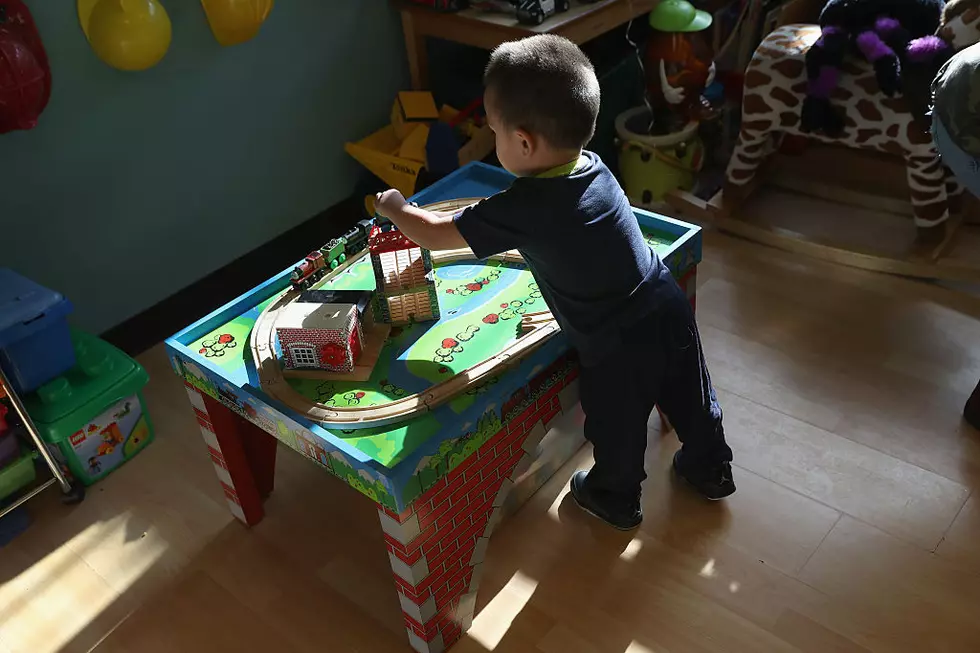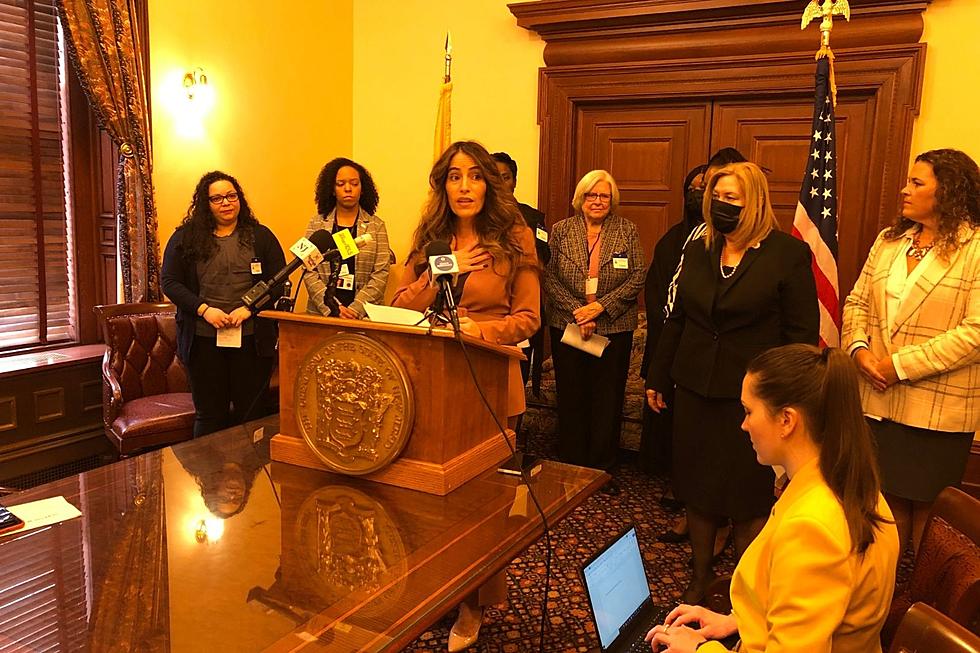
NJ plan for child care shortage starts with $28M for grants
TRENTON – One portion of a nine-bill package aimed at improving child care in New Jersey made it through the Legislature before its summer recess, providing $28 million for competitive grants for infant and toddler programs.
The Thriving By Three Act, as the grant program is called, passed nearly unanimously and was quickly signed into law in conjunction with the rest of the state’s 2023 budget. It’s not yet clear how quickly the applications for grant funding will be made available.
Cecilia Zalkind, president and chief executive officer of Advocates for Children of New Jersey, said the state has wisely deployed some of its federal pandemic recovery funds to help child care programs, staff and families.
“But in reality, it’s not enough,” Zalkind said. “It solves the immediate crisis. There’s some long-term issues that need to be addressed.”
“Research ACNJ did a number of years ago found that only 27% of babies with working parents have access to regulated care,” she said. “This would take a first step in helping support that.”
Among the biggest boosters of the child care package at legislative hearings were business groups hoping for the additional support for the state’s workforce.
“Right now, businesses across industries are facing workforce shortages, and child care access is a key component to that, especially for working mothers,” said Alexis Bailey, director of government affairs for the New Jersey Business and Industry Association.
Bailey said a recent report from the Rutgers Center for Women & Work found women’s workforce patterns changed as they returned to work in the COVID era, with 20% with incomes under $50,000 cutting back hours, 15% leaving jobs and 14% taking unpaid leave due to disruptions in childcare access.
“If you want to make sure that women are able to get back to work and that our economy is robust and thriving going forward, child care access is a key component of that,” she said.
Ferlanda Fox Nixon, chief of policy and external affairs of the African American Chamber of Commerce of New Jersey, says it’s particularly essential for economic opportunity for Black women.
“Black women are most likely to be single moms. Black moms are most likely to be bread winners but less likely to be working from home. And then Black mothers earn less,” Nixon said.
Other parts of the child care package were taken up by Senate and Assembly committees and began advancing but didn’t get votes by the full Legislature.
Lawmakers could be back in Trenton during the summer for limited action that would be most likely focused on confirming judges or acting on legislation that would put some places off-limits for carrying concealed handguns, in response to a Supreme Court ruling making it easier to get carry permits.

It’s possible the remaining child care bills could be considered then, or perhaps they’ll wait until the regular session restarts in September.
Michael Symons is the Statehouse bureau chief for New Jersey 101.5. You can reach him at michael.symons@townsquaremedia.com
Click here to contact an editor about feedback or a correction for this story.
15 sensational places to visit in Seaside Heights and Seaside Park
Gravy or sauce? These restaurants make the best red in Central Jersey
More From New Jersey 101.5 FM









